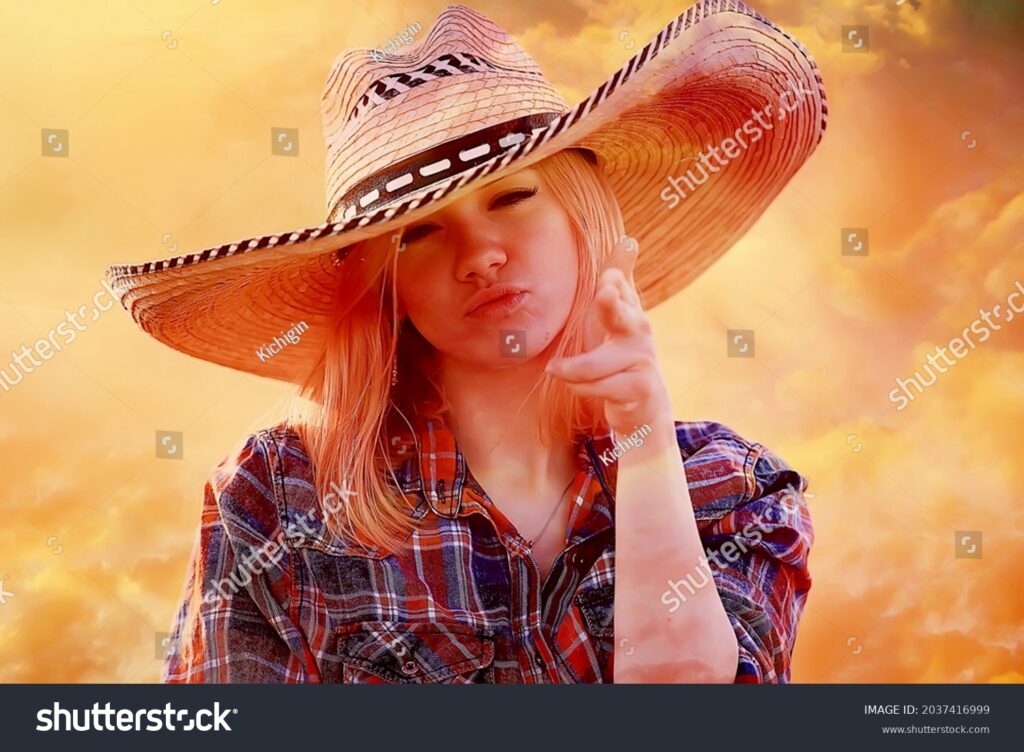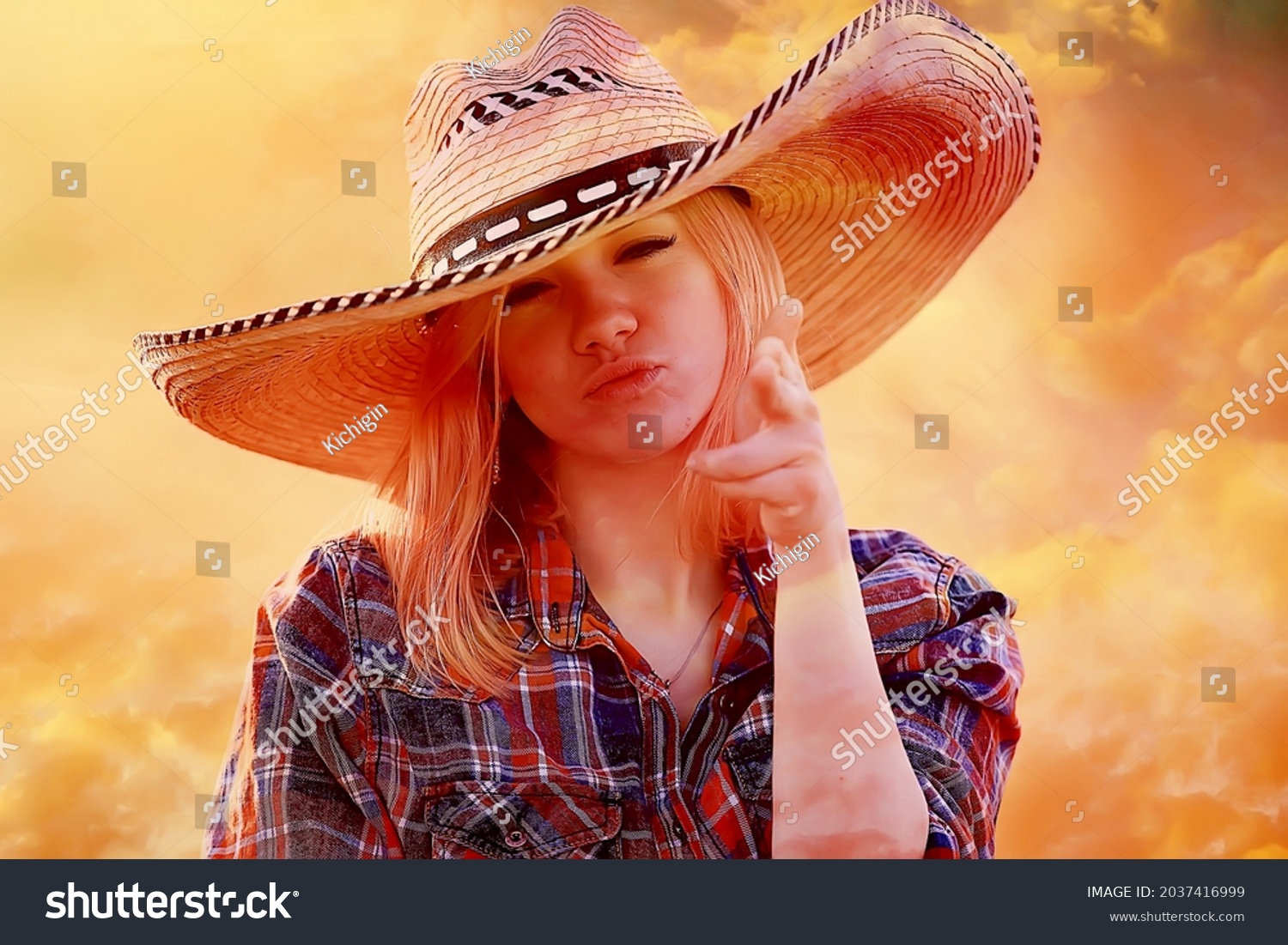
Exploring the Allure and Reality Behind the “Sexy Country Babes” Trope
The phrase “sexy country babes” evokes a specific image, often romanticized and frequently problematic. This article aims to dissect this trope, exploring its origins, its perpetuation in media, and its potential impact on perceptions of women and rural culture. We’ll delve into the complexities surrounding this phrase, moving beyond superficial portrayals to understand the underlying issues and offer a more nuanced perspective.
The Genesis of the Trope
The concept of “sexy country babes” is not new. It’s rooted in longstanding cultural narratives that often idealize rural life while simultaneously sexualizing its inhabitants. This idealization can be traced back to various forms of media, from classic literature to modern-day films and music videos. The image often presented is one of innocent beauty combined with a rugged, down-to-earth sensibility, making it a potent and appealing stereotype.
Consider the historical context. Early depictions of rural women often emphasized their hard work and resilience. However, as popular culture evolved, these qualities were increasingly intertwined with notions of physical attractiveness, creating a potent mix that resonated with audiences. The “sexy country babes” trope became a shorthand for a particular type of femininity: one that is both desirable and accessible, capable of handling the rigors of rural life while maintaining a certain allure.
Media’s Role in Perpetuation
Media plays a significant role in perpetuating the “sexy country babes” trope. From country music videos showcasing scantily clad women on tractors to reality television shows featuring highly stylized versions of rural life, the image is constantly reinforced. These portrayals often lack depth and nuance, reducing women to mere objects of desire rather than complex individuals with diverse experiences.
Advertising also contributes to the problem. Products marketed towards rural consumers frequently feature images of attractive women, implicitly suggesting that these products are essential for achieving a certain level of desirability. This creates a feedback loop, where the trope is not only reinforced but also commodified, further entrenching it in the cultural landscape. The impact of these repeated images cannot be overstated; they shape perceptions, influence behavior, and contribute to a narrow and often unrealistic view of rural women.
The Problematic Aspects
While the “sexy country babes” trope may seem harmless on the surface, it carries several problematic implications. Firstly, it objectifies women, reducing them to their physical attributes and ignoring their intellectual, emotional, and professional capabilities. This objectification can have a detrimental impact on women’s self-esteem and can contribute to a culture of sexual harassment and discrimination.
Secondly, the trope reinforces stereotypes about rural culture. It perpetuates the idea that rural life is simple, unsophisticated, and primarily focused on physical labor. This ignores the rich diversity of rural communities and the complex challenges they face. It also marginalizes individuals who do not fit the mold of the “sexy country babes” stereotype, creating a sense of exclusion and alienation.
Furthermore, the trope can contribute to unrealistic expectations about beauty and body image. Women who live in rural areas may feel pressured to conform to the idealized image of the “sexy country babes,” even if it is unattainable or undesirable. This can lead to feelings of inadequacy and dissatisfaction with their appearance. It’s crucial to recognize that beauty comes in many forms and that there is no single standard of attractiveness.
Beyond the Stereotype: A More Nuanced Perspective
It’s essential to move beyond the superficial portrayal of “sexy country babes” and to recognize the complexity and diversity of rural women. These women are not simply objects of desire; they are mothers, daughters, sisters, wives, farmers, teachers, entrepreneurs, and community leaders. They play a vital role in shaping rural culture and contributing to the economic and social well-being of their communities.
To gain a more nuanced perspective, it’s important to listen to the voices of rural women themselves. Their stories offer valuable insights into the challenges and opportunities they face, as well as their perspectives on the “sexy country babes” trope. By amplifying these voices, we can challenge stereotypes, promote understanding, and create a more inclusive and equitable society.
One way to challenge the trope is to support media representations that offer a more realistic and nuanced portrayal of rural women. This includes films, television shows, books, and articles that showcase the diversity of rural life and the complexity of women’s experiences. It also includes supporting female artists and creators who are working to break down stereotypes and create more empowering images of women.
The Economic Impact of Rural Women
The economic contributions of rural women are often overlooked, but they are significant. In many rural communities, women are the primary caregivers, managing households and raising families. They also play a crucial role in agriculture, working alongside their husbands and fathers to cultivate crops and raise livestock. In addition, many rural women are entrepreneurs, starting their own businesses and creating jobs in their communities. Understanding the role of “sexy country babes” in this context requires acknowledging their multifaceted contributions, far beyond mere physical appearance.
Supporting rural women’s economic empowerment is essential for the overall well-being of rural communities. This includes providing access to education, training, and financial resources. It also includes creating policies that support women’s entrepreneurship and promote gender equality in the workplace. By investing in rural women, we can create a more prosperous and sustainable future for all.
Education and Awareness
Raising awareness about the problematic aspects of the “sexy country babes” trope is crucial for changing attitudes and behaviors. This can be done through educational programs, public service announcements, and community outreach initiatives. It’s important to engage in open and honest conversations about the impact of stereotypes on individuals and communities. This trope of “sexy country babes” needs to be addressed head-on.
Education should focus on promoting critical thinking skills and media literacy. Individuals need to be able to analyze media messages and recognize the underlying biases and stereotypes they may contain. They also need to be able to identify and challenge harmful representations of women and rural culture. By empowering individuals with these skills, we can create a more informed and discerning public.
Moving Forward: A Call to Action
The time has come to move beyond the outdated and harmful trope of “sexy country babes.” We need to embrace a more nuanced and respectful understanding of rural women and their contributions to society. This requires challenging stereotypes, promoting diversity, and amplifying the voices of rural women themselves. This also means being critical of media portrayals and demanding more authentic and empowering representations. The focus should be on empowerment, not exploitation, when discussing “sexy country babes“.
Let us work together to create a world where women are valued for their intelligence, creativity, and resilience, not just their physical appearance. A world where rural culture is celebrated for its diversity and complexity, not reduced to simplistic stereotypes. A world where all individuals have the opportunity to reach their full potential, regardless of their gender, background, or location. The depiction of “sexy country babes” should evolve to represent strength and capability, not just aesthetics.
The conversation about “sexy country babes” is ongoing, and it’s important to continue to engage in critical dialogue and to challenge harmful stereotypes. By working together, we can create a more just and equitable society for all. Let’s redefine what it means to be a “sexy country babe” – focusing on inner strength, intelligence, and contributions to the community, rather than superficial appearances. The future of how we perceive “sexy country babes” depends on our collective efforts to promote understanding and respect. The term “sexy country babes” itself needs to be re-evaluated in the context of modern society.
[See also: The Impact of Media Stereotypes on Women]
[See also: Empowering Rural Women Through Education]
[See also: Challenging Gender Stereotypes in Advertising]
Conclusion
In conclusion, the “sexy country babes” trope is a complex and multifaceted issue with significant implications for perceptions of women and rural culture. While it may seem harmless on the surface, it objectifies women, reinforces stereotypes, and contributes to unrealistic expectations about beauty and body image. By moving beyond the superficial portrayal and embracing a more nuanced perspective, we can challenge stereotypes, promote understanding, and create a more inclusive and equitable society. It’s time to redefine what it means to be a “sexy country babe” and to celebrate the diversity, intelligence, and resilience of rural women everywhere. The perpetuation of the “sexy country babes” image needs careful consideration and a shift towards more authentic representations. It’s crucial to remember that the term “sexy country babes” carries weight and responsibility, demanding a more thoughtful and respectful approach. Ultimately, the goal is to move beyond superficiality and appreciate the true value and contributions of women in rural communities, while challenging the outdated notion of “sexy country babes“. The phrase “sexy country babes” should inspire empowerment and respect, not objectification. Let’s strive to create a world where the term “sexy country babes” represents strength, resilience, and intelligence, rather than just physical appearance.

